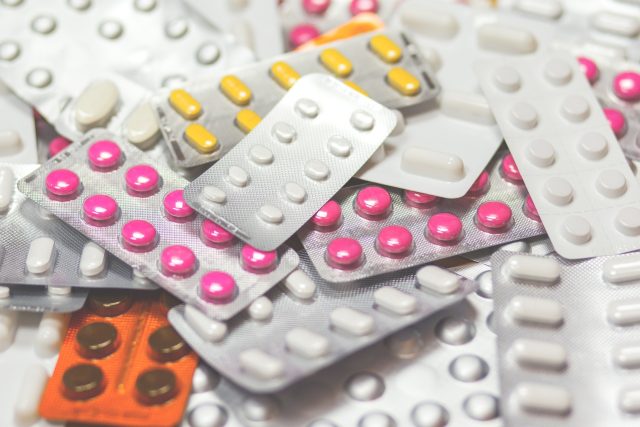
The European Reform on Medicines Provides for the Possibility of Restoring the Duration of Patents in the Case of Virtuous Companies
In recent weeks, the European Parliament has defined the reform relating to the pharmaceutical industry and one of the main objectives is the creation of a new, less dispersive market for medicines with lower retail costs and greater production to prevent that medicinal products may be lacking from pharmacies and hospitals, as happened in recent months and especially in the years characterized by the Covid-19 pandemic.
According to economic analysts, such a reform could weigh on the pharmaceutical industry that worth 235 billion euros a year, in exports alone. The most obvious risk is that relating to a significant reduction in investment in research with a basic project, for many, destined to fail due to the impracticability of some standards. The consumer side, on the other hand, would seem to be satisfied with the compromise reached for the potential money savings expected for the final customer.
The proposal of the European Commission, in order to reduce prices, increase the availability of medicines in pharmacies and healthcare facilities and level the imbalance relating to access to products for each social group, at least in Europe, consists in decreasing the standard duration by 2 years of the exclusivity due to the patenting of drugs and therefore moving from the current 10 years to 8, with the possibility, however, of restoring the duration in the event that the manufacturing company proves a virtuous conduct by guaranteeing access to its product in throughout the European Union, two years after placing on the market. In the event that a pharmaceutical company has to cover shortages of medicines in high demand, such as those necessary for the treatment of rare diseases or various antibiotics, the duration of the patents in question can be extended up to 12 or 13 years.
According to Farmindustria, the new regulation could weaken the concept of intellectual property with the risk of repercussions on innovation and the investments it requires, always too little compared to the new challenges of medicine. The new incentive system envisaged, according to some, would not be sufficient and is too complicated to adopt with indecipherable results for companies. Consumers, on the other hand, seem to have appreciated the efforts of the European Community to make the availability of generic drugs simpler and more immediate for patients, which would become cheaper. According to Stella Kyriakides, Commissioner for Health for Europe, the reform package should be analysed as a whole to appreciate its qualities and understand the reasons for it, effectively seeking a dialogue with the companies in opposition.
The companies involved in the production of new drugs then made a proposal taken into consideration by the European Commission and which envisages the extension of the duration of the intellectual property relating to one of the drugs produced, for the manufacturer who were to undertake to develop new antibiotics against resistant bacteria. The “voucher” in question will, if necessary, be transferable to other pharmaceutical companies but only once, so as to constantly stimulate research by the industry against antimicrobial resistance.
The new reform of the European Commission on medicines aims at creating a real single market, in which each member country can have free access to the latest generation medicines, as happened, for the first time, during the Corona Virus pandemic of the last years. A list of medicines defined as critical will be created, the availability of which will be constantly monitored by European bodies to prevent them from being missing due to production gaps and the digitization already underway, according to the digital transition launched in recent months, will serve to make all monitoring even faster and more efficient.
Alessandro Fiorentino



 Subscribe
Subscribe